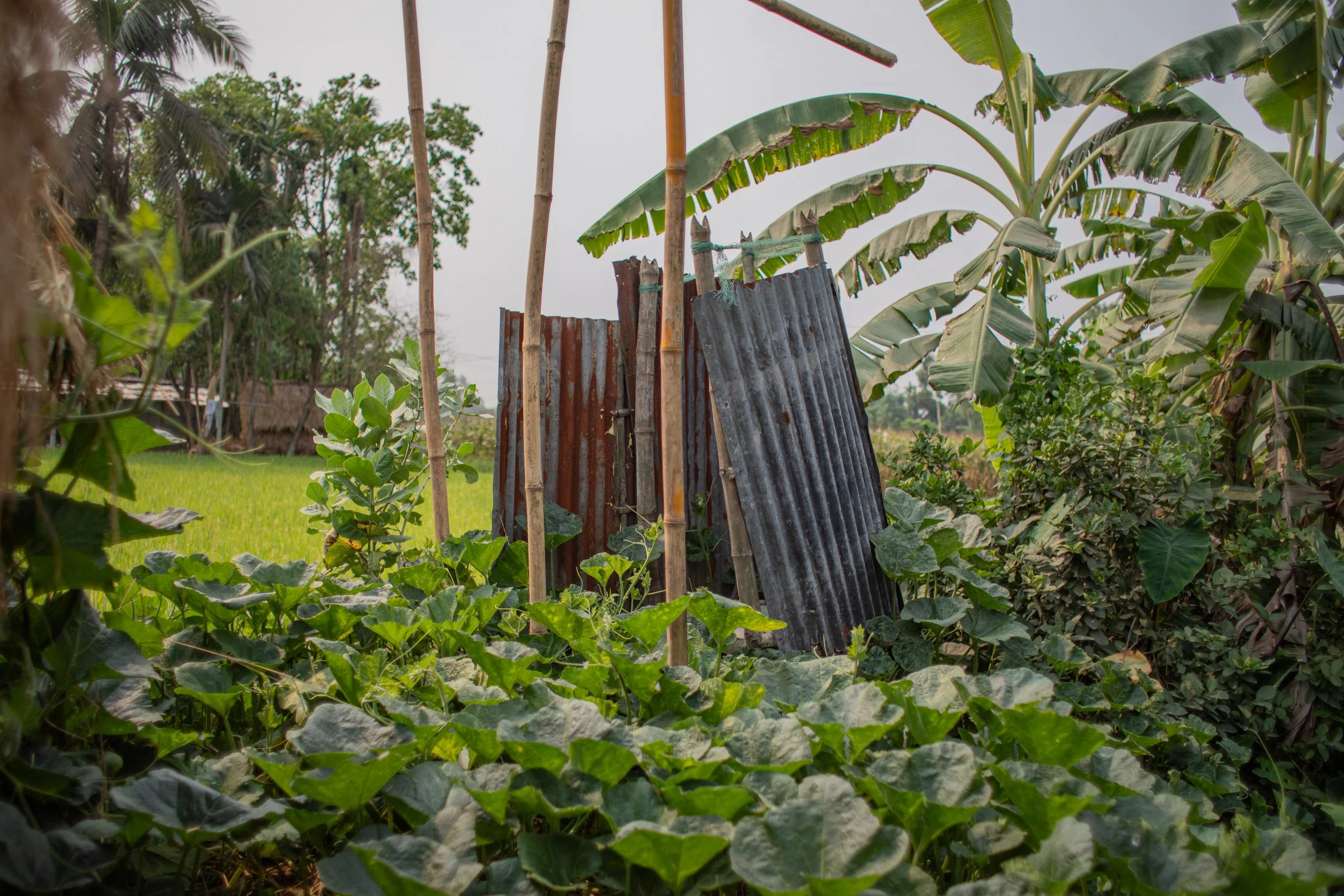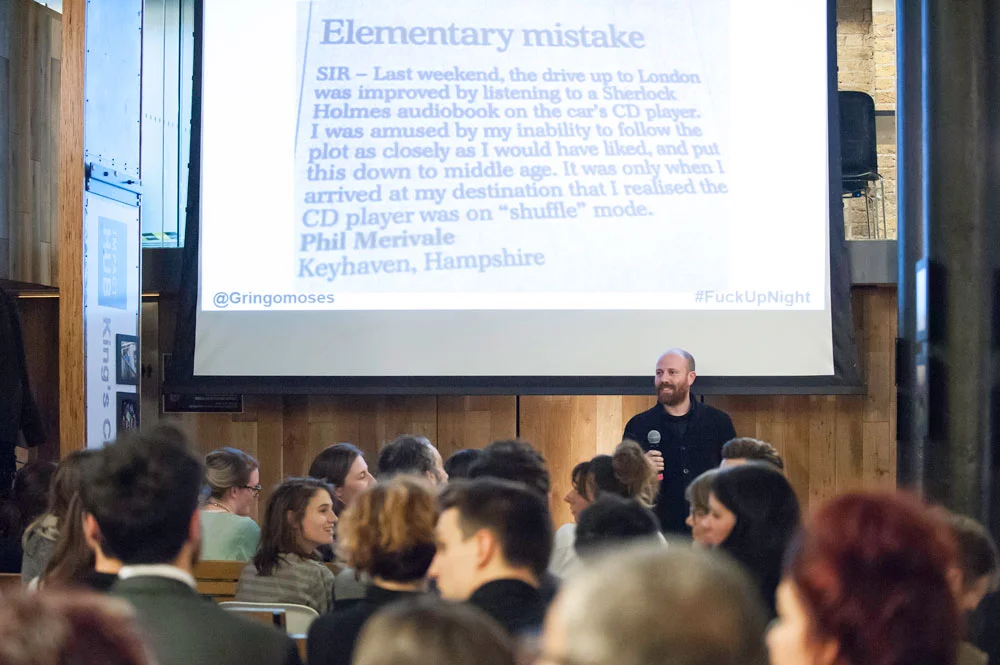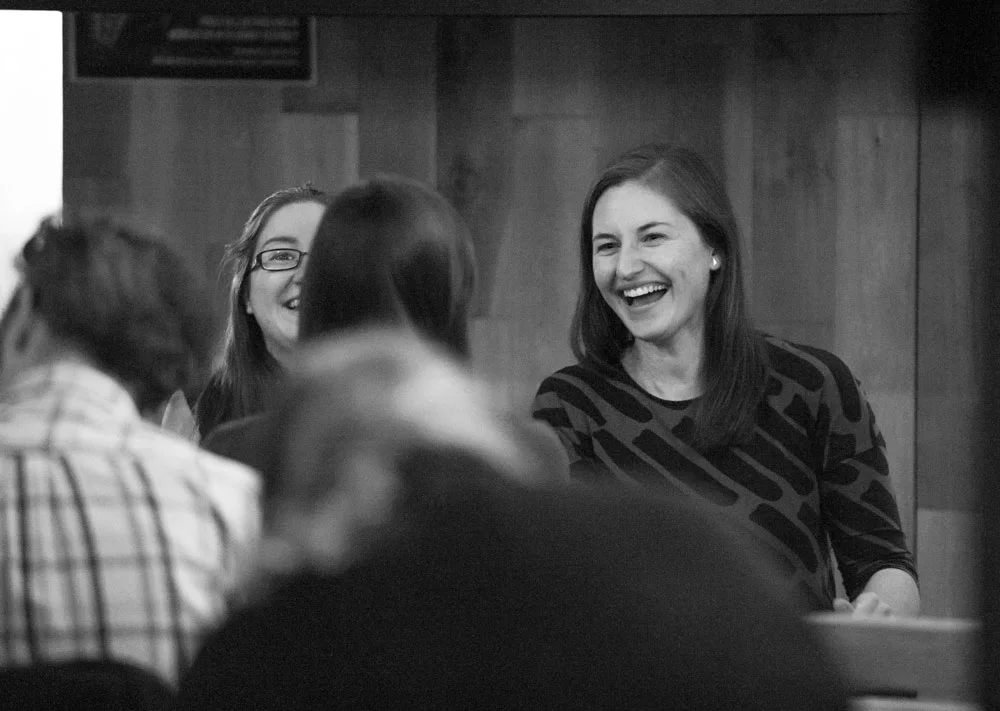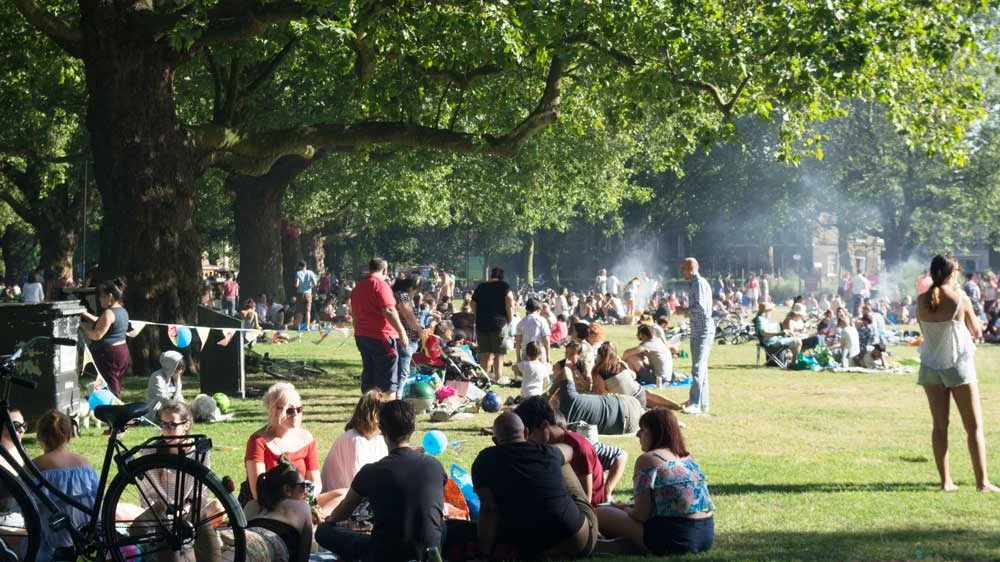I recently read, Anti-Hero: The Hidden Revolution in Leadership & Change - written by the team at Osca (who also produced a short film on the topic)... and it's worth watching.
The report discusses humanity's pressing issues and our collective mindset towards leadership. For generations it's been fatally flawed; a Trumpian model based on over confidence, lack of empathy, inflexibility and little acknowledgement of uncertainty.
The humility and self-awareness that Osca say define the Anti-Hero, are things that we at AzuKo felt compelled to discuss. We also thought we'd fundraise for our work with JBM slum in Bangladesh, while we were at it.
The result was a FuckUp Night for #GivingTuesday in collaboration with Impact Hub King's Cross. FuckUp Nights is a global brand that promotes the sharing of failures. #GivingTuesday is the global day of giving - the Anti-Hero to Black Friday and Cyber Monday.
On 29 November a stellar line-up of Anti-Heroes took the stage:
Our Director, Jo Ashbridge found that good work, positive change and a belief in a process alone are not necessarily enough to drive individuals and organisations to action.
Finn Williams, a public planner at the GLA, shared how a lack of honesty can quickly snowball into an elephant, or in this case, a poor design solution.
Jonty Sharples, Co-founder of Hactar, reminded us that intergrity is paramount and that a compromise in relationship (with the world and with ourselves) is a failure. Jonty also reminded us to smile.
Jack Graham, Founder of Year Here, urged all of us no matter what context, to be humble enough to listen first.
Lauren Currie, founder of #upfront, reminded us that a lack of diversity and a homogenous perspective round 'the table', is a large part of why we face the challenges we do today. Lauren closed with the thought that we are all responsible for the change we want to see.
I would urge us all to listen to Lauren's plea; this is not a cliché. There is no more appropriate or urgent time than now to accept this fact. Blaming the 'other' has gotten us nowhere. This sentiment is captured perfectly by Jiddu Krishnamurti,
“To put an end to outward war, you must begin to put an end to war in yourself. Some of you will nod your heads and say, ‘I agree,’ and go outside and do exactly the same as you have been doing for the last ten or twenty years.
Your agreement is merely verbal and has no significance, for the world’s miseries and wars are not going to be stopped by your casual assent. They will be stopped only when you realize the danger, when you realize your responsibility, when you do not leave it to somebody else.
If you realize the suffering, if you see the urgency of immediate action and do not postpone, then you will transform yourself.
Peace will come only when you yourself are peaceful, when you yourself are at peace with your neighbor.”
Thank you again to our speakers. Thank you to our volunteers, donors and supporters... and all those who attended. Collectively you helped us raise £1078.
Inspired? You can support our work in JBM slum.
Author: N. Ardaiz





































